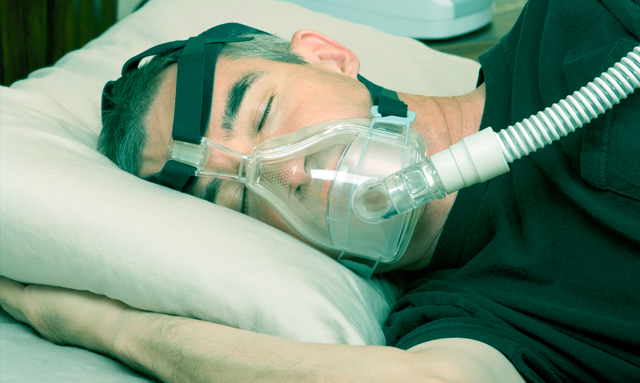
Study: Cannabinoids Could Help Treat Obstructive Sleep Apnea
What Is Obstructive Sleep Apnea?
Obstructive sleep apnea(OSA) is the most common of form of sleep apnea. The literal definition of apnea is, “cessation of breath.” With that said, OSA causes a complete or partial blockage of the upper airway, and the diaphragm and chest muscles must work harder to pull air into the lungs.
According to WedMD, breathing often resumes with a loud gasp, snort, or body jerk, all of which can be detrimental to sleep quality. Additionally, obstructive sleep apnea can reduce the flow of oxygen to vital organs and negatively impact heart health. In fact, the disease has been tied to an increased risk of heart attack.
As it stands, the most common form of sleep apnea treatment is the use of a continuous positive airway pressure (CPAP) machine. A CPAP, which typically comes in the form of a mask, increases air pressure in your throat so that the air way does not collapse while inhaling.
Understandably, a number of people are not keen on the idea of sleeping with a mask and adherence to treatment can be difficult to maintain. It is clear that a more convenient method of treatment would be warranted so long as side effects are minimal.
Cannabinoids May Offer Natural Sleep Apnea Treatment
A team of researchers from the University of Illinois at Chicago published a study this month in the journal Respitory Physiology & Neurobiologythat investigated the efficacy of cannabinoid treatments for obstructive sleep apnea. In doing so, they investigated the effects of dronabinol – a synthetic cannabinoid with similar effects to tetrahydrocannabinol (THC).
“Dronabinol seemed to increase phasic activation of the genioglossus.”
Prior to the experiment, the research team, led by Michael Calik, PhD, hypothesized that an injection of cannabinoids would help keep sleep apnea at bay. They first injected dronabinol into a portion of the vagus nerve, which reports sensory information to the brain, in rats.
According to their results, the cannabinoid injections were able to attenuate serotonin-induced apnea. Additionally, the researchers found that dronabinol seemed to increase phasic activation of the genioglossus – a muscle that runs from the chin to the tongue and is responsible for sticking out your tongue. Relaxation off the genioglossus has been implicated as a potential cause of obstructive sleep apnea in the past.
According to the study’s author, the results suggest that dronabinol could be source of future sleep apnea treatment. However, synthetic cannabinoids have been linked to a number of health concerns and there is a possiblity of overdose.
When considering the fact that tetrahydrocannabinol (THC) shares a striking similarity to dronabinol, one can reasonably assume that THC may offer similar benefits.
All things considered, future studies could find a more direct link between cannabis and obstructive sleep apnea. If that scenario comes to fruition, then cannabis extracts, likely in the form of capsules, could offer a natural alternative to CPAP machines in the treatment of sleep apnea.